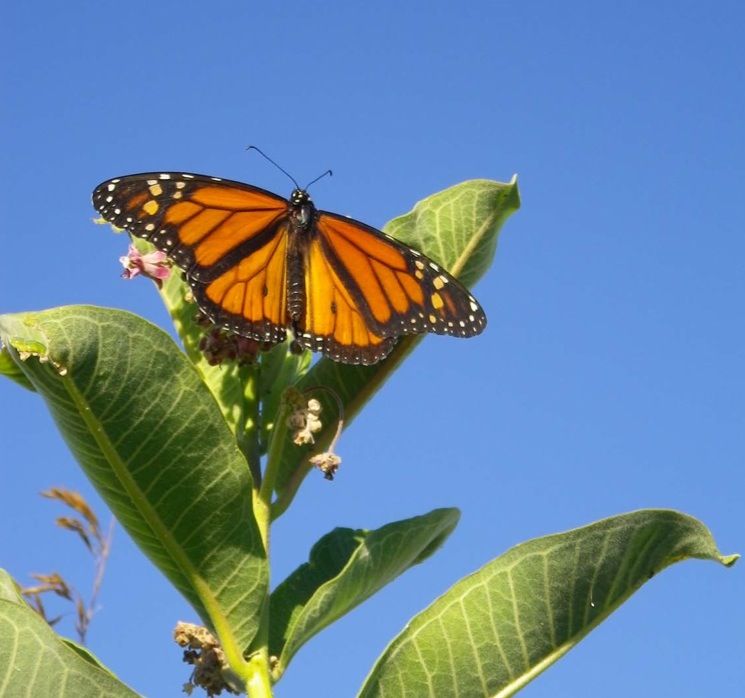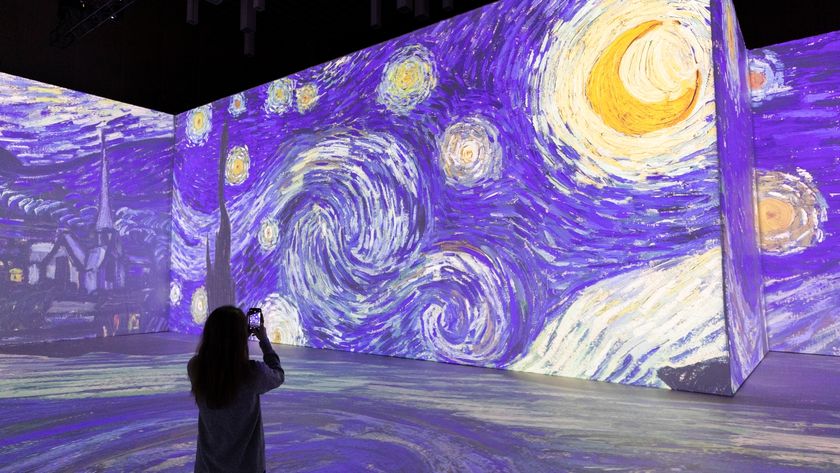Can the Planet (and Humans) Survive Technology?

WASHINGTON — Charles Dickens could have been talking about the 21st century when he wrote the lines: "These are the best of times, these are the worst of times." Technology can extend human life and take us into space, but it is also destroying the environment and threatening the survival of other species and humanity.
Moving forward, what parts of nature should humans preserve? What will the future look like? Will we develop a stable, long-term relationship with technology? These were some of the issues a group of scientists and humanists tackled yesterday (Sept. 12) in a symposium held here at the Library of Congress.
"The hallmark of the human species is great adaptability," said David Grinspoon, the Baruch S. Blumberg NASA/Library of Congress chair in astrobiology at the Kluge Center, who led the conversation.
The question is, he said, "Can we keep it going?"
The anthropocene era
Humans may not be able to predict the future of civilization, but we can gain insight from scientific models, history and human imagination, Grinspoon said. [The 10 Scariest Sci-Fi Series]
A number of scientists have begun using the term "anthropocene" to describe the geologic period of Earth's history in which human activities are having a significant impact on the planet's ecosystems.
Sign up for the Live Science daily newsletter now
Get the world’s most fascinating discoveries delivered straight to your inbox.
One problem humanity faces is the loss of biodiversity. Everyone's familiar with the threat to charismatic megafauna, such as rhinos and tigers, but what about less obvious biological casualties? As journalist and discussion participant David Biello of Scientific American said, "We're going to end up with just one kind of butterfly."
The butterfly became a recurring theme in the conversation, as panelists debated the purpose of preserving a species. "Does the butterfly have the right to exist just because it's there?" said materials scientist Odile Madden of the Smithsonian's Museum Conservation Institute.
Humanity must save the genetic information that represents butterflies and other organisms, Biello said. But that's not enough. "The genome is necessary, but not sufficient," he said, adding that the information about how a species interacts with its ecosystem must also be preserved.
Tragedy of the commons
Human adaptability and ability to modify our surroundings have kept our species alive thus far. But in order to make it through the next century, humanity must view itself as one species, the panelists said.
"There's an immense need for a planetary narrative," said paleoanthropologist Rick Potts, director of the Smithsonian's Human Origins Program and curator of anthropology at the National Museum of Natural History. We also need moral responsibility, Potts added.
Potts likened the lack of responsibility to "the tragedy of the commons," a concept in economics in which people disregard the depletion of a shared resource, acting in their own self-interest rather than that of the group.
The question of whether we will survive in the face of an increasingly technical culture comes down to what is meant by the term "we."
Humans have made a division between the natural world and the human world, Potts said, "but the evolution of human culture is a natural phenomenon."
Follow Tanya Lewis on Twitter and Google+. Follow us @livescience, Facebook & Google+. Original article on LiveScience.













